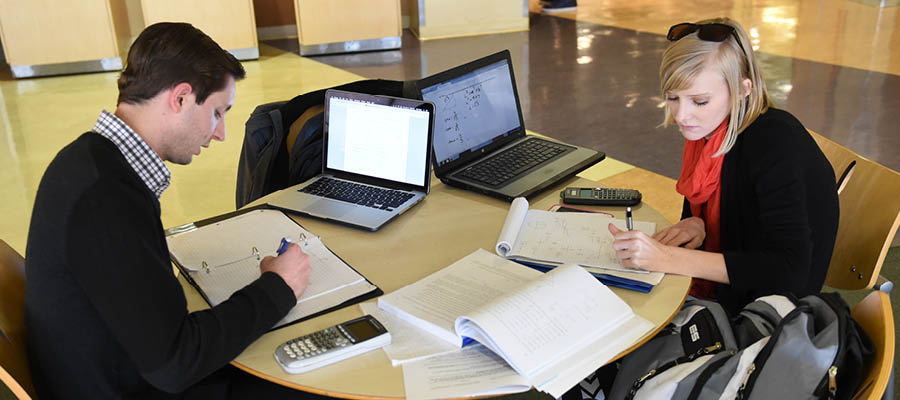A new analysis from the advocacy group Education Reform Now reports more than half of college freshmen—approximately one in four students who enter college the fall after high school graduation—had to enroll in remedial coursework during their first year of college. A “remedial” course, sometimes known as a “developmental” course, is one that covers material considered to be high-school level, most typically in math or English writing.
College students who do not meet academic standards or cannot pass a placement test must take these courses to graduate. These courses do not fulfill requirements for a degree or certificate, but are used to help bring students up to speed so they can complete courses for graduation.
College remediation can be an expensive burden for students and families, estimated as high as $1.5 billion nationally. According to the report, students from all income backgrounds are facing the costs and challenges of remedial courses: 45% of students enrolled in remedial courses come from middle- and high-income families nationally. For institutions within the Utah System of Higher Education (USHE), the average rate of remediation mirrors the national rate; 25% of first-time freshmen who enroll the fall after high school graduation are enrolled in a remedial course.
Remediation in Math
Math courses are by far the most common students enroll for remediation. A USHE analysis published last year found that 8 out of 10 students who placed in a remedial mathematics course subsequently qualify for enrolling in a general education math course required for graduation. College students who required a remedial math course and met their math requirement have an equivalent rate of degree completion as those students who complete their math requirement without remediation or by other means (Concurrent Enrollment, AP/ACT, etc.). However, only 60% of those students completing remedial math go on to ultimately complete the general education math course for graduation. Further, only 40% who complete remedial math ultimately graduate.

Efforts to reduce remediation and improve college preparation in high school
The Board of Regents have been implementing several initiatives to reduce the number of students having to enroll in costly remediation courses and to get students better prepared during high school.
- USHE Math Recommendations – The Board of Regents adopted recommendations on high school mathematics in early 2014 that recommended taking math throughout all years of high school through at least pre-calculus, including completion of Math I,II, and III.
- Regents’ Scholarship – Established in statute by the Legislature in 2008, the Regents’ Scholarship encourages Utah high school students to prepare for college academically and financially by taking a defined course of study and saving for college during their four years in high school. Funded through legislative appropriations, scholarship recipients can earn as much as $6,400 for college.
- Concurrent Enrollment – Currently, over one-third of Utah’s high school juniors and seniors enroll in at least one Concurrent Enrollment course. In partnership with K-12 leaders and due to recent legislation sponsored by Sen. Ann Millner and Rep. Val Peterson, high school students are expected to have much greater opportunity to complete their college math requirement while still in high school. The legislation seeks to leverage opportunities for college credit in high school such as Advanced Placement, International Baccalaureate and Concurrent Enrollment to reduce rates of remediation at USHE institutions.
- StepUp to Higher Education (StepUpUtah.com, @StepUpUtah) – StepUp to Higher Education is a social awareness campaign administered by USHE that encourages all Utah students to dream big about their futures, and then act on those dreams by preparing for and completing college. Whether aiming for a one-year certificate or a four-year degree, StepUp provides tips, tools, resources, and conversation-starters about preparing and paying for college, so obtaining a higher education can be a reality for all Utah students.


